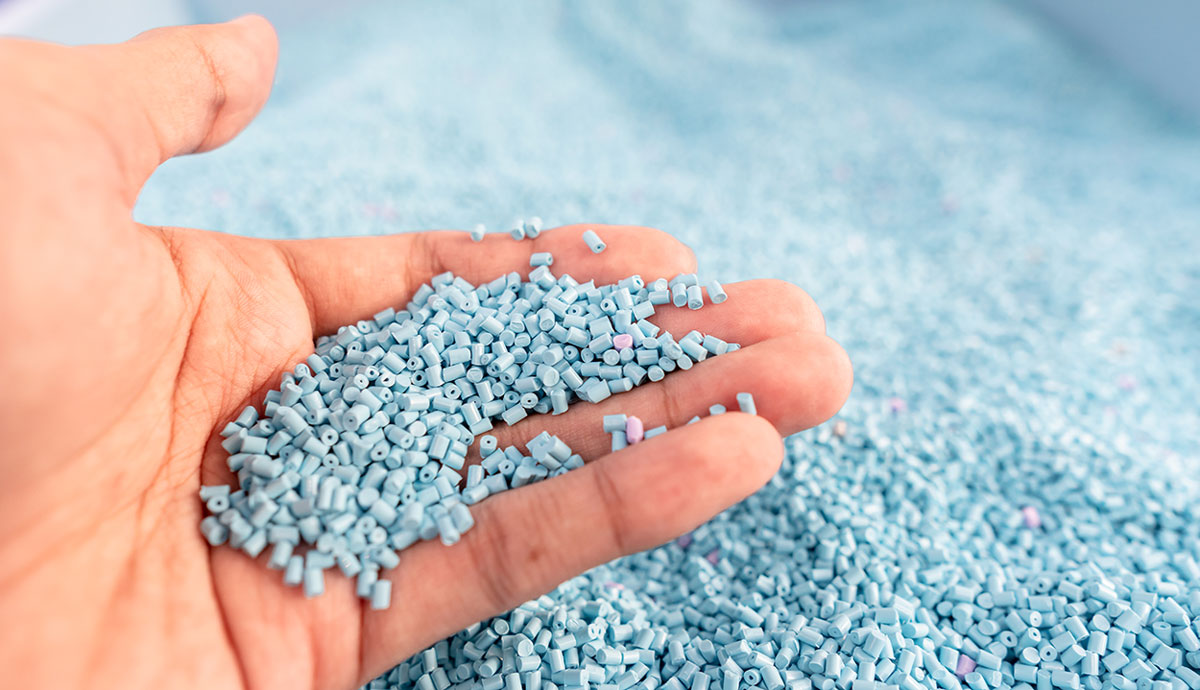Importance of Nurdle Containment

Importance of Nurdle Containment: A nurdle is a 2-5mm plastic pellet commonly used in plastic manufacturing. The origin of the word is unclear, but it is quickly becoming the standard term when referring to a plastic pellet. They are intentionally made small so as to make loading, transporting, and unloading as easy as possible. Manufacturers then mold these nurdles to make “virgin plastic,” or plastic that has not previously been recycled. These virgin plastic items, such as phone cases, containers, and electronics, are generally cheaper to make than recycled plastic, and they are not as vulnerable to degrading over time the way recycled plastic products are. (Business Insider)
Though the widespread use of plastic is barely 70 years old, cumulative production now stands at over 7.5 billion metric tons. Experts say the demand for plastic production, now estimated at 335 million tons annually, is growing (Atlantic). As plastic production continues to rise, so will the demand for more nurdles. (Jambeck Research Group)
Why can nurdles be problematic?
Studies show that as much as 250,000 tons of nurdles enter the ocean each year. (CBS) The amount of plastic going into the ocean is equivalent to the amount of tuna being taken from it, and marine animals ranging from worms and barnacles to seabirds and whales eat these particles mistaking them for fish eggs, leading to an assortment of respiratory and digestive disorders. (Jambeck Research Group, Biz Insider, Atlantic, BASF) After a nurdle spill in Hong Kong, the government warned people to wash their fish thoroughly in case the animals had ingested the particles, which led to a dip in fish prices.

In 2019, Formosa Plastics, a Taiwanese conglomerate, had one of their petrochemical factories in Port Lavaca, TX sued for U.S. $184 million for violating the Clean Water Act and its Texas Commission on Environmental Quality permit. They agreed to settle for U.S. $50 million to help local fishermen and environmental projects in the area. If trends continue in this direction without proper preventative/ clean-up measures in place, costs will debilitate both manufacturers and the environment alike.
How do they spill?

Nurdles escape into the environment during every stage of their lifecycle — from production, to transit, to final manufacturing (asyousow.org). After first being produced, nurdles are transferred to trucks and trains via enclosed hosing systems. If the hoses are not properly secured or come sooner than expected, pellets dump off to the sides of the enclosure creating spills. As employees work to clean up the spill, they unknowingly pick them up in the soles and crevices of their shoes and carry them out to parking lots, where they become dislodged. (OCS) The next time that it rains or precipitates, the pellets are washed into storm drains and waterways, causing contamination. This, along with other point-source issues (inclement weather, accidents, gusts of wind) account for most cases involving pellet leakage.
“The goal is to examine ongoing processes and improve them if necessary”
— BASF Global Sustainability Group
What can be done about it?

Operation Clean Sweep, an initiative created to help plastic resin operations implement good housekeeping, has consistently stressed the importance of integrating tools into the daily job routine as well as devising prevention practices. But some tools, such as brooms and bins, tend to only apply to small spills and nurdle leaks, and are oftentimes insubstantial equipment for large-scale plastic manufacturers. Instead, to be proactive in curbing environmental harm and reduce the risk of noncompliance charges, companies have turned to the ELGEE Power Vacuum for a fast and effective clean-up solution.
California under its Clean Water Act stipulates the following, that “plastic manufacturing, handling, and/or transporting facilities shall make available to its employees a vacuum or vacuum type system, for quick cleanup of fugitive preproduction plastic.” (assembly bill no.258) The ELGEE Power Vacuum is quickly becoming the preferred choice for such containment needs.
The answer to your Nurdle problem
Can you tell me more about the ELGEE Power Vacuum?
The ELGEE Power Vacuum is a robust, effective vacuum system engineered for increased suction. Made in the U.S.A., its manufactured to suck up targeted debris even outside the width of the machine body, maximizing efficiency and limiting downtime. The vacuums clean up to 40,000 square feet per hour picking up various litter and debris, and most importantly, plastic pellets. Units come in various models and are powered by gasoline, propane, battery or electric. Have more questions? Visit our site to find out more information and how you can get in touch with us!
www.elgee.com



